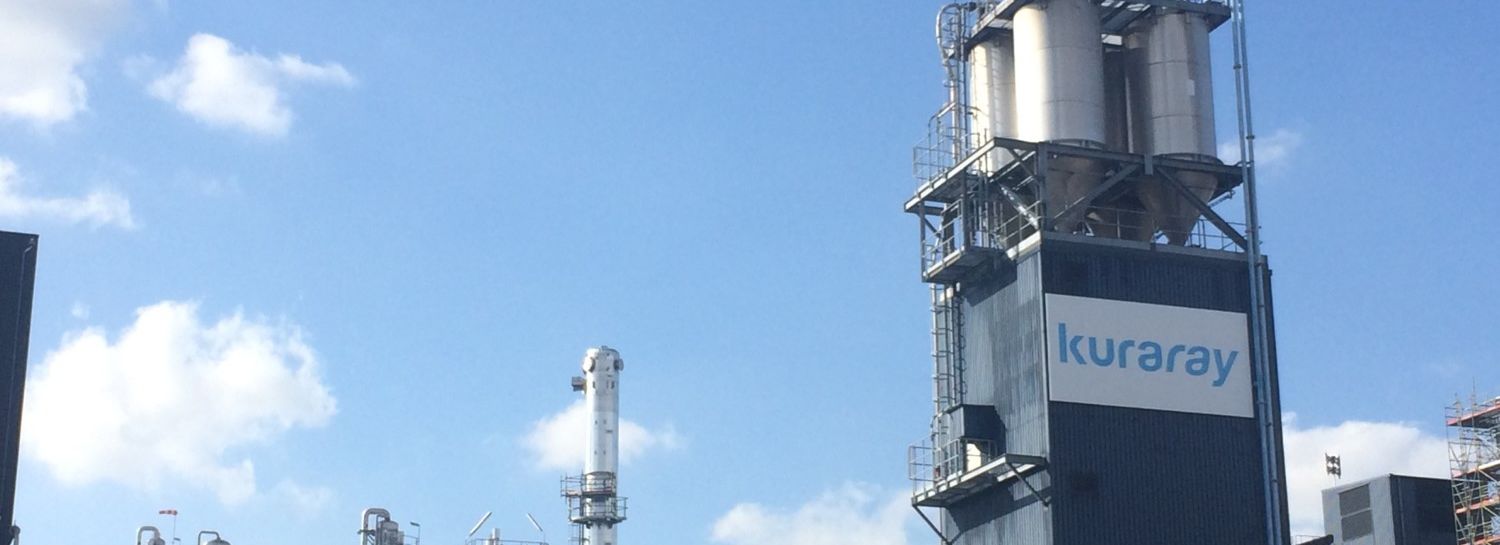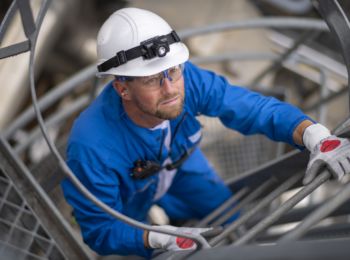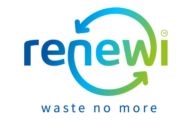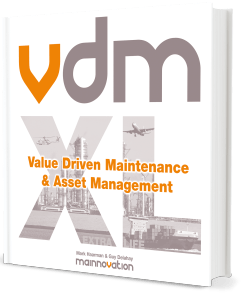

It’s a common quote of Maintenance Manager Peter Brughmans. ‘I always say: maintenance should be boring. You should not be surprised by unexpected breakdowns.’ But a typical maintenance technician likes to function as a problem solver: respond to alarms and solve the problem, to everyone’s satisfaction. ‘But while you were doing that, you didn’t keep it from breaking. And that is what we want.’
In Zwijndrecht (Belgium), EVAL Europe NV, subsidiary of the chemical group Kuraray, produces EVAL™ EVOH. This is a plastic with amazing barrier properties for e.g. food packaging, the automotive industry, construction and agriculture.
Tipping point
The focus at EVAL Europe is on improving uptime and for years this was not a problem. The factory, built in 1997, was new and for a long time corrective maintenance was sufficient. Brughmans: ‘But at some point we came to the conclusion that we had reached the tipping point. Then it became clear that the use of an Excel file was too limited.’
Mainnovation’s VDMXL Audit confirmed that it was time to shift the focus from corrective to preventive maintenance. But this also meant that structures and IT systems had to be adjusted.
SAP EAM
When parent company Kuraray rolled out its own SAP system, this was the time to set it up completely according to existing wishes. ‘Everything that we wanted to implement in the SAP system, we could now implement in Kuraray’s Global-SAP. Furthermore, until this moment we made extensive use of the services of the infrastructure manager of the site in Zwijndrecht. A switch took place there too: we started working more and more with our own contractors.’
Setting up plant maintenance in SAP and implementing work preparation were two projects that ran in parallel. ‘You have to have your own system if you want to schedule contractors and bill them on the service provided. With the help of Mainnovation, we set up the new SAP environment, including work orders. Thus, we had an overview of all costs per order.’
 Work preparation
Work preparation
According to Brughmans, work preparation is all about making smart choices and doing the right things. ‘Now we also had a better picture of the preparatory steps. So, we knew which disciplines and materials we would need and how much time it would take.’ The work orders are put away in a timeline that also considers smart distribution of the workload. Brughmans: ‘This allows us to set appointments for execution months in advance. That’s pleasant for the contractors and also for production, because they know in advance when a certain part of the line is down.’
This sounds like a logical way of working, and Brughmans agrees. ‘But the point is: we were not used to this. Work preparation means administration, paperwork, strategic planning. This work can be perceived as boring…’
Predictable
But – as indicated earlier – maintenance should be boring and predictable. ‘We have to want to make that switch from corrective to preventive maintenance. It takes the stress out of the organisation because you have far fewer unexpected breakdowns. Once you realise that this is indeed significantly less, you’ll get the organisation on board.’
Condition-based maintenance is also applied to some installations. ‘Through vibration analyses, we get information about usage and a timely warning and this prevents a lot of downtime.’
In-control
Avoiding breakdowns and having the awareness that you are in-control, is seen as a win. But the extra work required for this is not always appreciated. ‘So you have to, in a good way, bring your team along. And share and celebrate successes while realising that this story is never finished. Circumstances, the world and the business change. So ‘boring’ it never actually gets.’
more cases
-
![]()
Today they can focus 100% on executing their job and consequently their yield is higher.
Manufacturing -
![]()
-
![]()





Social